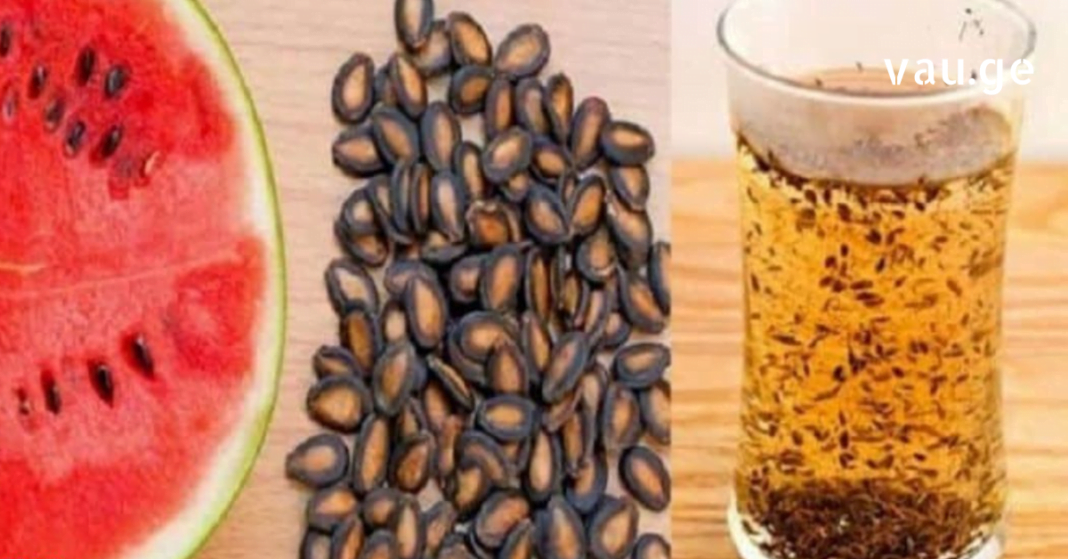Summer has arrived, and many of us eagerly await watermelon season. After all, what could be more refreshing on a hot summer day than a juicy, chilled slice of watermelon? Most people enjoy the red flesh of this fruit, often removing the seeds before eating. But did you know that watermelon seeds can be just as beneficial as the fruit itself?
Watermelon is not just a delicious and hydrating fruit—it’s also packed with nutrients that are incredibly good for your body. It’s low in calories and rich in antioxidants, which play a vital role in protecting our cells from damage and supporting overall health.
To put it simply, our body is constantly undergoing complex chemical processes to keep everything functioning properly. During these processes, free radicals are produced. These unstable molecules can damage healthy cells and negatively affect the heart, nervous system, and immune system. This is where antioxidants come into play—they help neutralize these harmful free radicals.
Cardiologists highlight that watermelon is an excellent source of lycopene, the antioxidant responsible for its red color. Lycopene has been linked to a reduced risk of heart disease and certain types of cancer. Watermelon also contains beneficial amino acids like citrulline, which promotes healthy blood circulation by helping blood vessels relax and improve overall blood flow.
In addition to these, watermelon is rich in vitamin C, vitamin A, potassium, and magnesium—all essential nutrients that contribute to heart health and general well-being.
What about the seeds we so often throw away? Surprisingly, watermelon seeds are highly nutritious. They contain essential amino acids such as lysine and tryptophan, which support cardiovascular health. Another notable component is arginine, an amino acid that plays a key role in regulating blood pressure and improving circulation.
How to Make Watermelon Seed Tea:
To take advantage of the health benefits of watermelon seeds, you can prepare a tea at home. Here’s how:
- Crush or grate 4 tablespoons of watermelon seeds.
- Boil the crushed seeds in 2 liters of water for about 15 minutes.
- Let the mixture cool, strain it, and drink it like tea.
- Drink this tea for 2 consecutive days, then take a 1-day break.
- Repeat this cycle for 2 weeks.
This natural remedy is said to support kidney function, improve circulation, and help regulate blood pressure. Plus, it’s a refreshing and hydrating beverage for the hot summer months.
Watermelon as a Diet Food:
Watermelon is also considered a perfect addition to any weight loss or detox plan. It is 100% diet-friendly, with only 30 calories per 100 grams, and contains a high amount of fiber, which aids in digestion. Since it’s made up of about 98% water, watermelon helps you stay hydrated and feel full for longer, reducing the urge to overeat.
This fruit also contains beta-carotene, a powerful antioxidant that supports eye health and boosts the immune system. Thanks to its high water content and natural diuretic properties, a short-term watermelon diet can help you lose excess weight quickly by flushing out retained fluids. This process not only helps reduce body fat but also removes toxins from the system.
Another major benefit of a watermelon diet is its ability to regulate metabolism, which is crucial for maintaining a healthy weight and overall energy levels.
Final Thoughts:
In conclusion, watermelon is far more than just a sweet summer treat. From its juicy flesh to its underrated seeds, this fruit offers a wide range of health benefits—especially for your heart. Whether you enjoy it as a snack, a juice, or even as a tea made from the seeds, incorporating watermelon into your diet is a delicious and smart choice. So, next time you slice into this refreshing fruit, think twice before throwing away those little black seeds—they might be just what your heart needs!


















